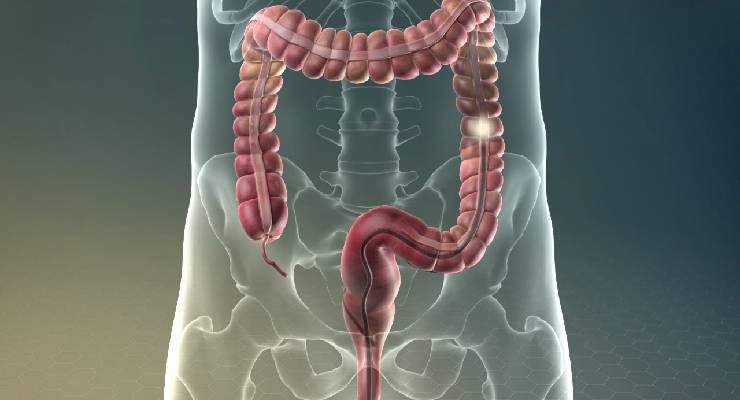
Colonoscopy
Colonoscopy is a type of endoscopic procedure used to examine the colon (large intestine) and rectum. It is considered the gold standard for detecting abnormalities within the colon, including colorectal cancer, polyps, inflammation, and other structural changes. Colonoscopy is an important screening tool for colorectal cancer, as it allows for the detection and removal of precancerous polyps before they develop into cancer.
During a colonoscopy, the patient is typically sedated to ensure comfort as a flexible colonoscope is inserted through the anus and guided through the entire length of the colon. The colonoscope is equipped with a camera and light source, allowing the doctor to visualize the lining of the colon. If abnormalities such as polyps are detected, they can be removed using specialized instruments passed through the colonoscope. Biopsies can also be taken during the procedure for further evaluation.
Treatment during colonoscopy may include:
- Removal of polyps using specialized instruments such as snares or forceps
- Biopsy to obtain tissue samples for further evaluation
- Hemostasis (control of bleeding) for bleeding ulcers, lesions, or vascular abnormalities
- Treatment of inflammatory bowel disease (e.g., ulcerative colitis, Crohn’s disease)
- Placement of stents to relieve colonic obstruction
- Diagnosis and treatment of colorectal cancer
